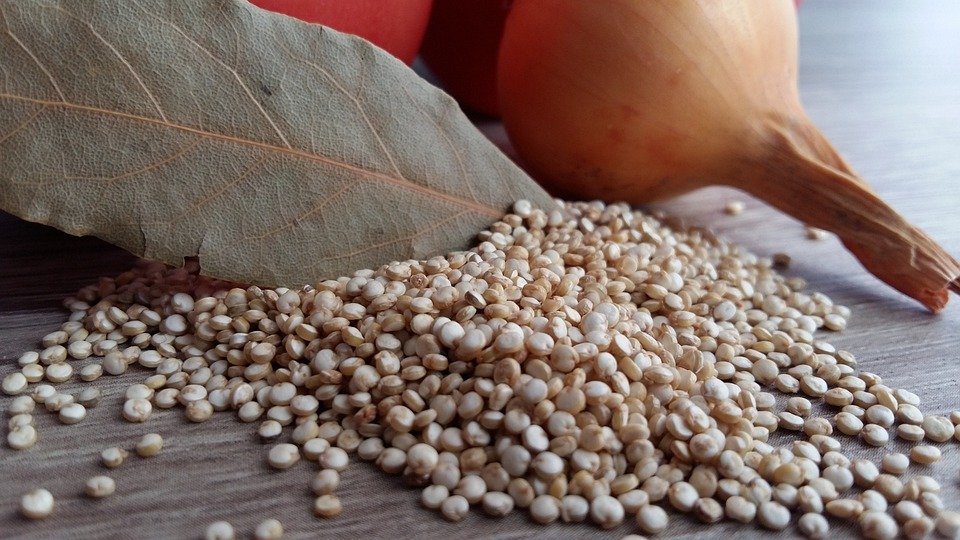The Link Between Diet and Disease Prevention: How Eating Right Can Lower Your Risk
In today’s fast-paced world, it can be easy to overlook the importance of what we eat in relation to our overall health. However, research has shown time and time again that diet plays a crucial role in disease prevention. By making smart food choices and adopting a healthy eating pattern, you can significantly lower your risk of developing chronic conditions such as heart disease, diabetes, and cancer.
The foods we consume on a daily basis have a direct impact on our health. A diet high in processed foods, sugar, and unhealthy fats can increase inflammation in the body, leading to a higher risk of developing chronic diseases. On the other hand, a diet rich in fruits, vegetables, whole grains, lean proteins, and healthy fats can provide essential nutrients that support overall health and reduce the risk of disease.
One of the key ways that a healthy diet can lower your risk of disease is by maintaining a healthy weight. Obesity is a major risk factor for many chronic conditions, including heart disease, diabetes, and certain types of cancer. By eating a balanced diet and controlling your portion sizes, you can prevent weight gain and reduce your risk of developing these conditions.
Additionally, certain nutrients found in foods have been shown to have specific benefits for disease prevention. For example, antioxidants found in fruits and vegetables can help protect against cell damage and reduce the risk of cancer. Omega-3 fatty acids found in fatty fish like salmon and tuna have been linked to a lower risk of heart disease. Fiber found in whole grains, fruits, and vegetables can help lower cholesterol levels and reduce the risk of heart disease and diabetes.
Incorporating a variety of nutrient-dense foods into your diet can help ensure that you are getting the essential vitamins, minerals, and antioxidants needed for optimal health. By focusing on whole, unprocessed foods and limiting your intake of sugar, refined grains, and unhealthy fats, you can create a foundation for disease prevention and overall well-being.
FAQs:
Q: What are some key nutrients that are important for disease prevention?
A: Some key nutrients that are important for disease prevention include antioxidants (found in fruits and vegetables), omega-3 fatty acids (found in fatty fish), fiber (found in whole grains, fruits, and vegetables), and vitamins and minerals (found in a variety of foods).
Q: How can I incorporate more fruits and vegetables into my diet?
A: One way to incorporate more fruits and vegetables into your diet is to make them the focus of your meals. Try adding a side salad or fruit salad to your meals, or incorporating vegetables into dishes like stir-fries, soups, and pasta dishes. You can also snack on fruits and vegetables throughout the day to increase your intake.
Q: Are there specific foods that can help lower my risk of heart disease?
A: Yes, there are several foods that have been shown to help lower the risk of heart disease. These include fatty fish like salmon and tuna (which are high in omega-3 fatty acids), whole grains (which are high in fiber), nuts and seeds (which are high in healthy fats), and fruits and vegetables (which are high in antioxidants).
Q: How can I make healthier choices when eating out?
A: When eating out, try to choose dishes that are grilled, steamed, or baked instead of fried. Look for options that include plenty of fruits and vegetables, whole grains, and lean proteins. You can also ask for dressings and sauces on the side, and opt for water or unsweetened beverages instead of sugary drinks.
Q: Is it okay to indulge in treats and desserts occasionally?
A: It is okay to indulge in treats and desserts occasionally, but it is important to do so in moderation. Try to limit your intake of sugary and high-fat foods, and focus on enjoying them as an occasional treat rather than a regular part of your diet.


